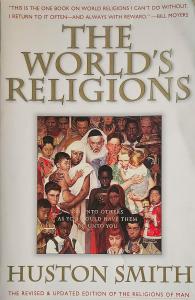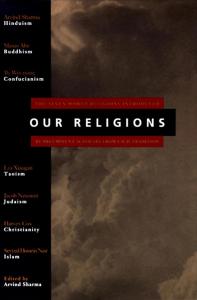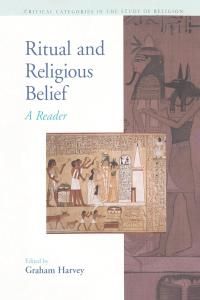Exploring the Foundations of Religion:
A Critical Analysis of Emile Durkheim's The Elementary Forms of Religious Life
Religion has been a fundamental aspect of human society since the beginning of civilization. It has played a pivotal role in shaping our beliefs, values, and social structures. One of the most influential and thought-provoking books on religion is The Elementary Forms of Religious Life by French sociologist Emile Durkheim. Published in 1912, this book remains a sociology classic and remains relevant even today.
The Elementary Forms of Religious Life is a comprehensive study of religious phenomena focusing on the primitive religions of Australian Aboriginals. Durkheim argues that religion is not just a personal belief system but a social institution that serves a vital societal function. He examines the origins and evolution of religion, the role of rituals, and the concept of the sacred and profane.
One of the central concepts of Durkheim's book is the distinction between the sacred and the profane. According to him, the sacred represents society's collective beliefs and values. At the same time, the profane is the everyday, mundane aspects of life. The sacred is given a higher status and is surrounded by rituals, taboos, and symbols, which reinforce its importance in the minds of individuals.
Durkheim argues that rituals are the key to understanding the function of religion in society. He defines rituals as collective actions that are performed in a prescribed manner and evoke a sense of the sacred. These rituals bind individuals in a shared experience and reinforce the social bonds within a community. They also provide a sense of continuity and stability in an ever-changing world.
Durkheim proposes that religion originated from society's collective conscience. As societies evolved, so did their religious beliefs and practices. He argues that primitive religions were more straightforward and unified, emphasizing collective rituals and a sense of community. However, as societies became more complex, religion evolved, adapting to individuals' changing needs and beliefs.
While The Elementary Forms of Religious Life remains a seminal work in sociology, it has faced criticism for its narrow focus on primitive religions and for ignoring the role of individual beliefs and experiences. Some also argue that Durkheim's theories are based on Eurocentric assumptions and do not apply to all societies.
In conclusion, The Elementary Forms of Religious Life is a thought-provoking and influential work that offers valuable insights into the role of religion in society. Durkheim's ideas on the sacred and profane, rituals, and the evolution of religion continue to be relevant and widely discussed in the field of sociology. While it may have limitations, this book remains a must-read for anyone interested in understanding the complex relationship between religion and society.






